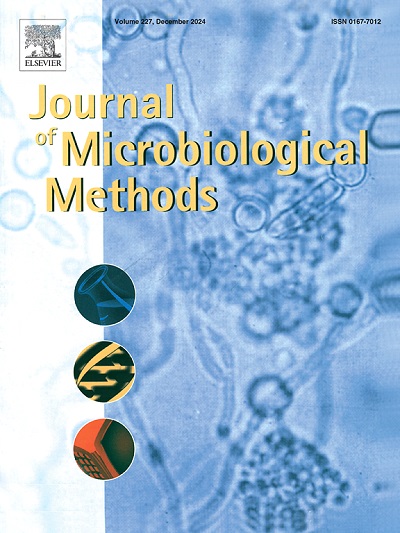Development and immunological insights into recombinant/subunit vaccines against avian coccidiosis
IF 1.9
4区 生物学
Q4 BIOCHEMICAL RESEARCH METHODS
引用次数: 0
Abstract
Coccidiosis is considered as one of the most debilitating diseases responsible for immense economic losses in commercial poultry production. Despite the development of ample number of anticoccidial drugs and vaccines, this disease still remains a major constraint for the poultry production due to emergence of anticoccidial drug resistance and associated limitations with the vaccine administration. Alternative strategies are prerequisite to lessen the effects of coccidiosis on poultry industry. The use of immunomodulators and recent improvements in the generation of recombinant vaccines appear as potential control strategies. To manage the disease, poultry scientists nowadays are interested in enhancing host immunity and promising method of coccidiosis control seems to be the development of alternative vaccination tactics, such as recombinant immunization with the proper adjuvants. Immunomodulation might offer a strong mechanism to improve the host's resistance to disease, and it appears achievable to lessen the financial burden caused by coccidiosis. This review explores and highlights the potential of recombinant/subunit vaccines, along with immunomodulators and adjuvants, as promising alternatives for the effective control of coccidiosis in poultry.
禽球虫病重组/亚单位疫苗的研制及免疫学研究
球虫病被认为是造成商业家禽生产巨大经济损失的最使人衰弱的疾病之一。尽管开发了大量的抗球虫药物和疫苗,但由于抗球虫耐药性的出现和疫苗施用的相关限制,该疾病仍然是家禽生产的主要制约因素。替代策略是减轻球虫病对家禽业影响的先决条件。免疫调节剂的使用和重组疫苗生产的最新改进似乎是潜在的控制策略。为了控制这种疾病,家禽科学家现在对增强宿主免疫力感兴趣,而有希望的控制球虫病的方法似乎是开发替代疫苗接种策略,例如用适当的佐剂进行重组免疫。免疫调节可能提供了一种强有力的机制来提高宿主对疾病的抵抗力,并且似乎可以减轻球虫病造成的经济负担。这篇综述探讨并强调了重组/亚单位疫苗的潜力,以及免疫调节剂和佐剂,作为有效控制家禽球虫病的有希望的替代品。
本文章由计算机程序翻译,如有差异,请以英文原文为准。
求助全文
约1分钟内获得全文
求助全文
来源期刊

Journal of microbiological methods
生物-生化研究方法
CiteScore
4.30
自引率
4.50%
发文量
151
审稿时长
29 days
期刊介绍:
The Journal of Microbiological Methods publishes scholarly and original articles, notes and review articles. These articles must include novel and/or state-of-the-art methods, or significant improvements to existing methods. Novel and innovative applications of current methods that are validated and useful will also be published. JMM strives for scholarship, innovation and excellence. This demands scientific rigour, the best available methods and technologies, correctly replicated experiments/tests, the inclusion of proper controls, calibrations, and the correct statistical analysis. The presentation of the data must support the interpretation of the method/approach.
All aspects of microbiology are covered, except virology. These include agricultural microbiology, applied and environmental microbiology, bioassays, bioinformatics, biotechnology, biochemical microbiology, clinical microbiology, diagnostics, food monitoring and quality control microbiology, microbial genetics and genomics, geomicrobiology, microbiome methods regardless of habitat, high through-put sequencing methods and analysis, microbial pathogenesis and host responses, metabolomics, metagenomics, metaproteomics, microbial ecology and diversity, microbial physiology, microbial ultra-structure, microscopic and imaging methods, molecular microbiology, mycology, novel mathematical microbiology and modelling, parasitology, plant-microbe interactions, protein markers/profiles, proteomics, pyrosequencing, public health microbiology, radioisotopes applied to microbiology, robotics applied to microbiological methods,rumen microbiology, microbiological methods for space missions and extreme environments, sampling methods and samplers, soil and sediment microbiology, transcriptomics, veterinary microbiology, sero-diagnostics and typing/identification.
 求助内容:
求助内容: 应助结果提醒方式:
应助结果提醒方式:


